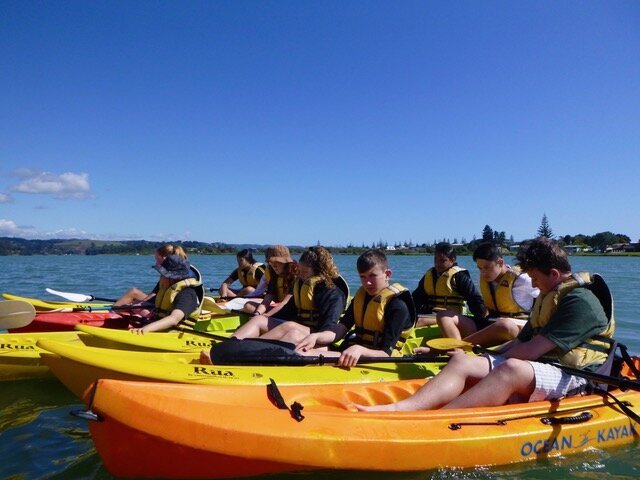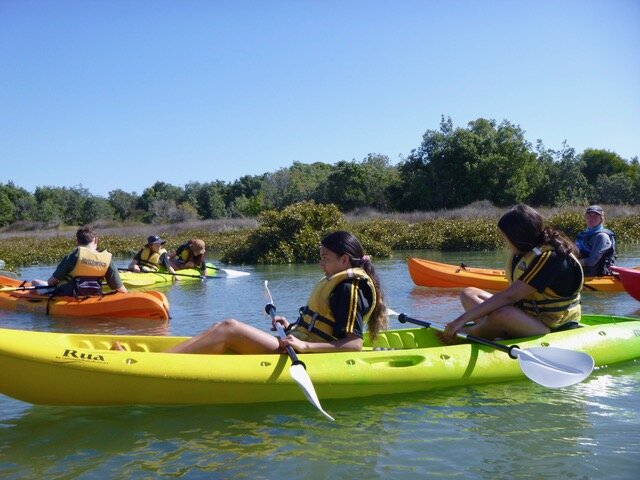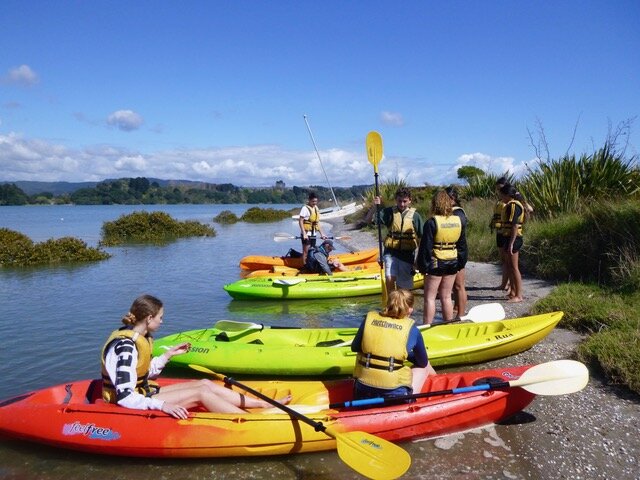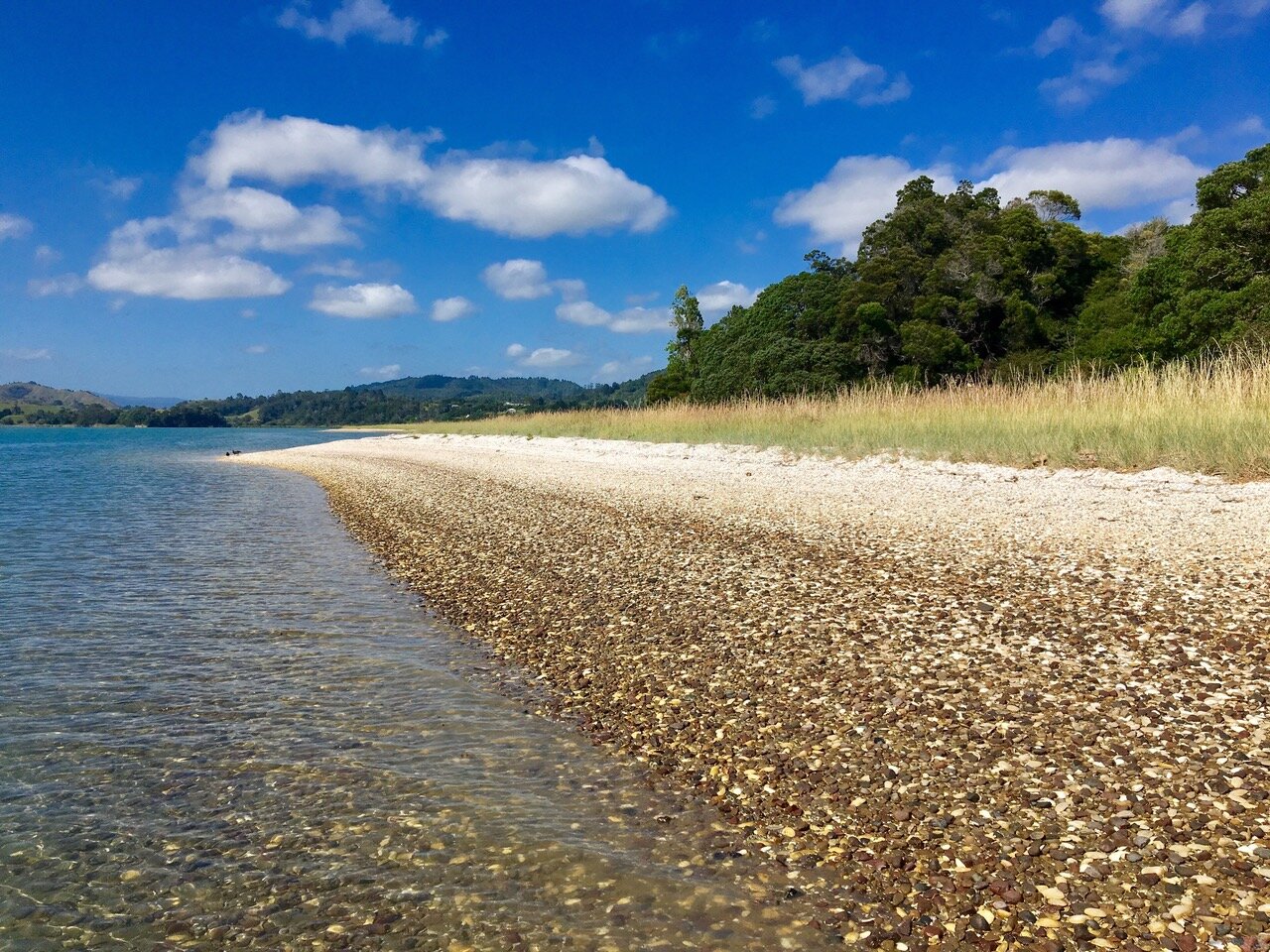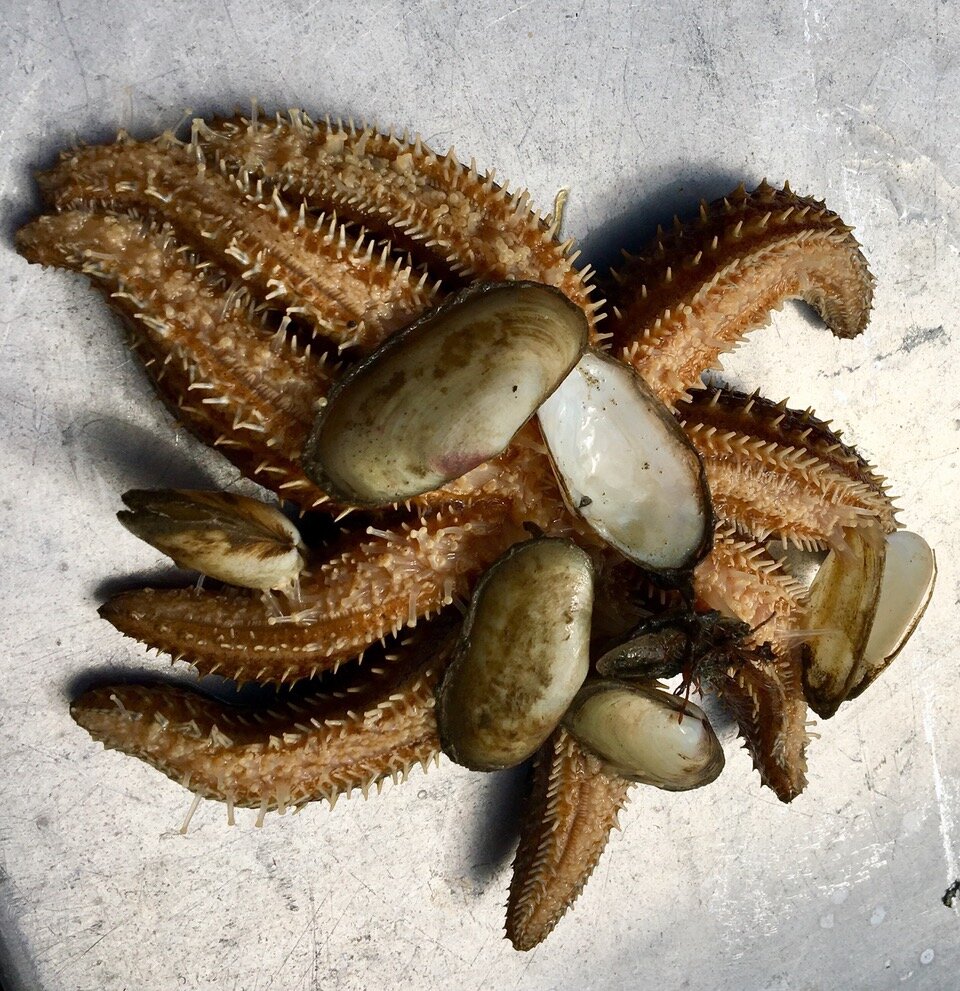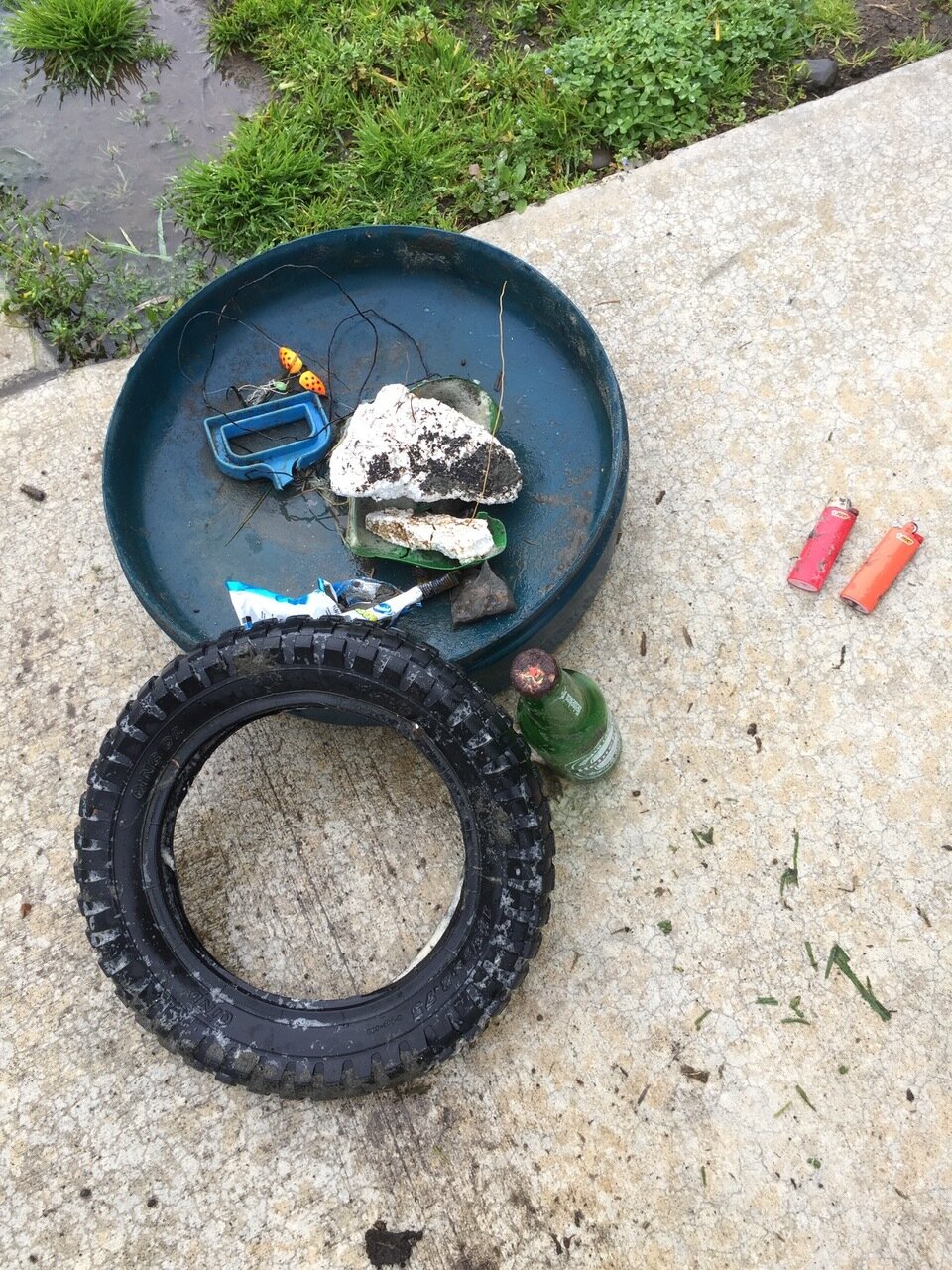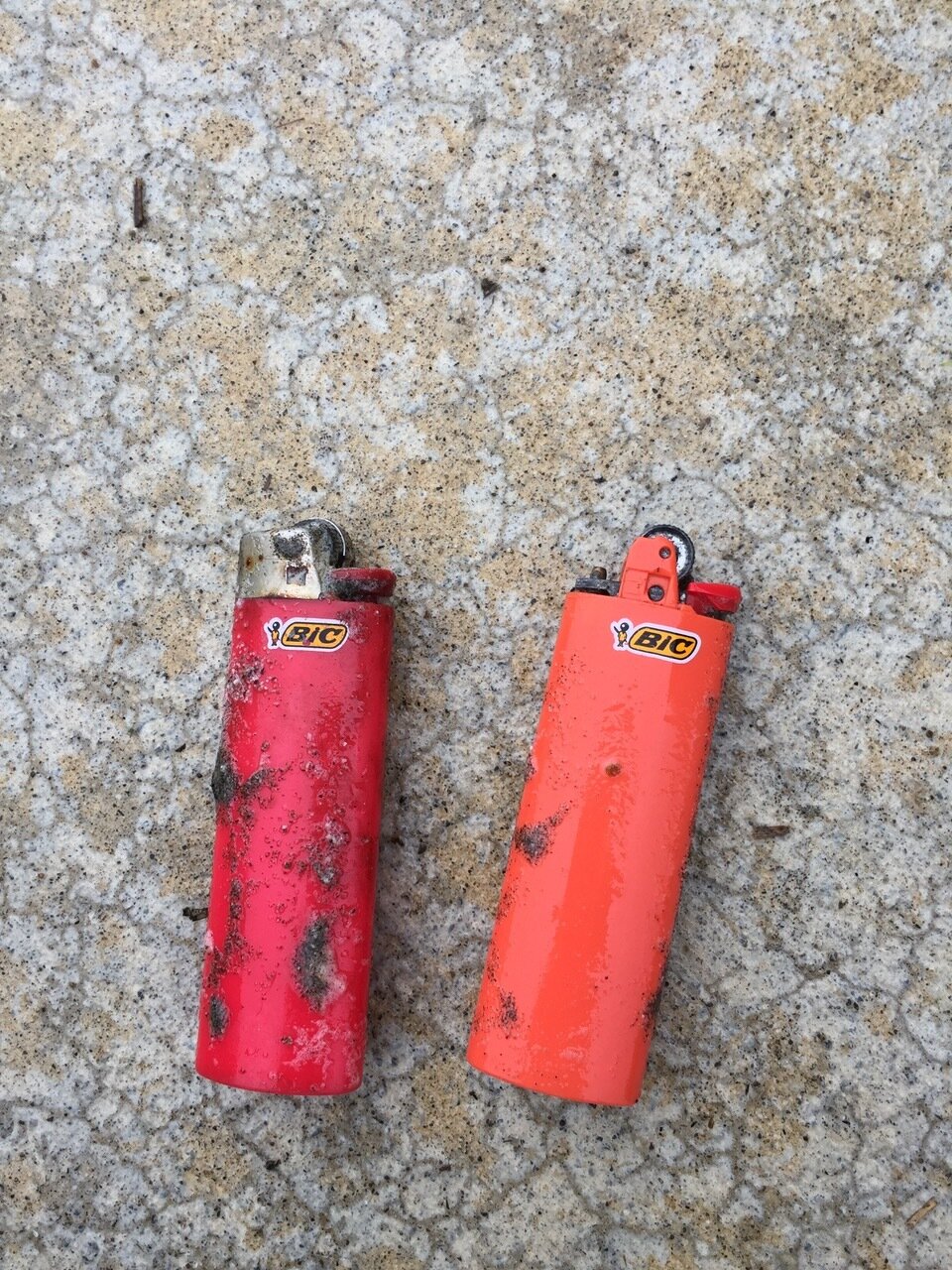Ohiwa Harbour Whakatane group
PTC Trust in collaboration with KG Kayaks provided our youth with an opportunity to explore Ohiwa harbour focusing on the health and state of its complex marine ecosystem.
Fishing is a very important tradition for Maori. Ohiwa harbour is a significantly important place for fishing. The harbour is a very complex and productive marine ecosystem. Such ecosystems are breeding places for mullet, flounder, kahawai, rays, sharks and other species.
According to Maori traditions:
Tangaroa is the god of the sea and all the fish. It was important for fishermen to stay in favour with Tangaroa. They had rules about when to fish, and how to make nets.
In tradition, the hero Māui fished up the North Island, which is shaped like a stingray.
NIWA reports a very important 2003 study, on seagrass beds in the Whangerei Harbour. ‘ Seagrass beds form an important undersea habitat for small fish, seahorses and shellfish in New Zealand.
A large amount of New Zealand’s seagrass habitat has been lost as a result of human activities, with only small pockets remaining in some harbours. ….. Seagrass beds once covered large areas of the outer Whangarei Harbour, covering an estimated 14 square kilometres before the early 1960s….NIWA is leading a small-scale transplantation trial in Whangarei Harbour to determine whether transplanted seagrass can survive, and hopefully thrive, at a former site’
As students participated in this harbour exploration at Ohiwa Harbour, they were observing some of the factors that have contributed to the decline including an increased rate of sedimentation and erosion. They left motivated and empowered to raise awareness about how the community can help restore the diverse and rich ecological environment.
Environmental pollution continues to affect the health of our lakes and streams. There was evidence of plastics, rubbish and dumping around the lake. Regardless of its source, pollution can affect the water quality of our lakes, which in turn affect aquatic life and the range of species we have grown accustomed to seeing at our lakesides.

